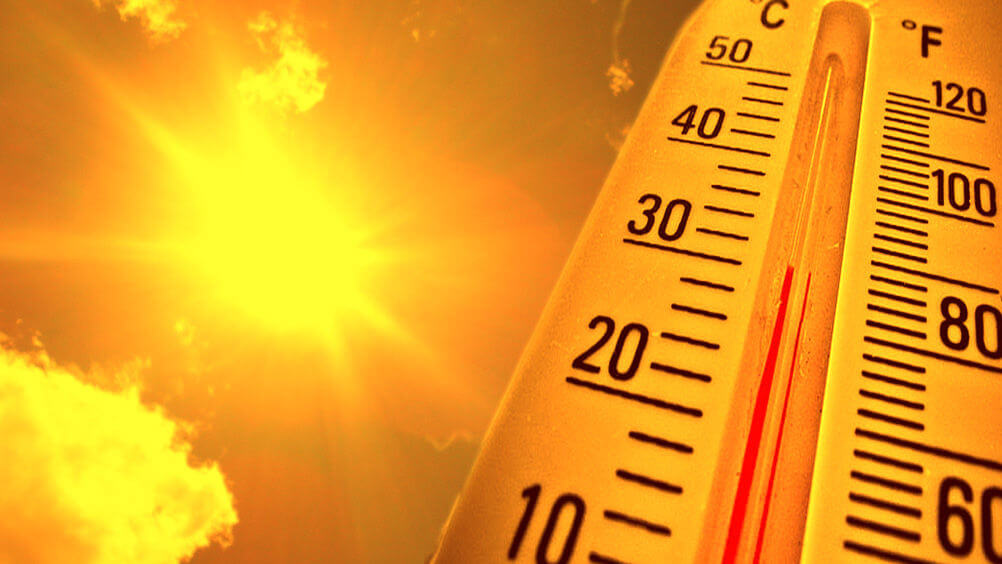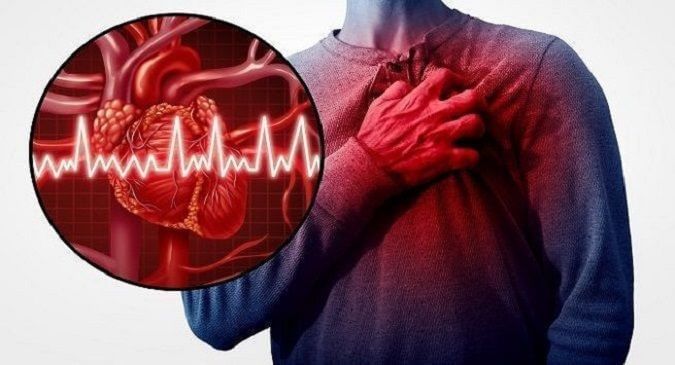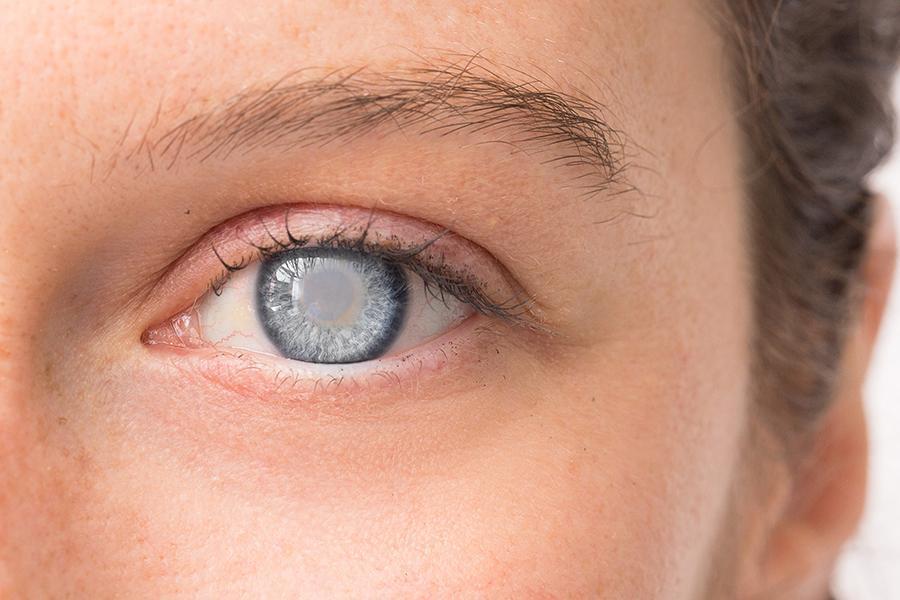Know how rising temperature affects mental health, reveals Doctors
Thu 05 Jun 2025, 23:59:59

As global warming raises the temperature, the psychological cost of record heat has become an increasingly pressing issue. While the physical dangers of heatstroke and dehydration are well known, the mental health consequences are poorly known. In line with research, extended exposure to warm temperatures has a measurable impact on emotional state, mood regulation, and cognition.
According to Dr Narendra K Shetty, Kshemavana Naturopathy and Yoga Centre, extreme heat elicits the body's physiological stress response, increasing cortisol and adrenaline levels. The physiological response of the body can cause exaggerated anxiety, irritability, and restlessness. People become more emotionally reactive, irritable, or aggressive. Heat also elicits mood disorders and causes sadness, mood swings, and emotional lability in people with a previous mental disorder.
One of the most direct consequences of heat is the disruption of sleep. Sleep is difficult on hot nights, and one is fatigued and emotionally irritable by day. This sleep deprivation erodes psychological resilience, reducing one's ability to resist stress and making a mental health breakdown more likely.
Social behaviours also undergo modification due to blistering
heat. Everyone attempts to remain cool by keeping away from activities outdoors, something which is bound to lead to social isolation, loneliness, and even helplessness. All these feelings of vulnerability intensify when individuals realise that they have no control over their surroundings, leading to emotional distress and, in some extreme situations, increased vulnerability to suicide.
heat. Everyone attempts to remain cool by keeping away from activities outdoors, something which is bound to lead to social isolation, loneliness, and even helplessness. All these feelings of vulnerability intensify when individuals realise that they have no control over their surroundings, leading to emotional distress and, in some extreme situations, increased vulnerability to suicide.
Second, heat distress results in loss of motivation and impacts work, social, and recreational function. Cognitive processes such as memory, concentration, and decision-making capacity are impaired during heat waves.
Identification of the risk to mental health due to heat extremes is necessary. Populations, workplaces, and health services need to prioritise current measures for cooling and the provision of mental health services during heat. As temperatures increase, awareness and protection from the psychological impacts of heat are necessary to ensure overall well-being.
Disclaimer: (Tips and suggestions mentioned in the article are for general information only and should not be construed as professional medical advice. Always consult your doctor or a dietician before starting any fitness programme or making any changes to your diet.)
No Comments For This Post, Be first to write a Comment.
Most viewed from Health
AIMIM News
Latest Urdu News
Most Viewed
May 26, 2020
Can Lionel Messi's visit boost Indian football?
Latest Videos View All
Like Us
Home
About Us
Advertise With Us
All Polls
Epaper Archives
Privacy Policy
Contact Us
Download Etemaad App
© 2026 Etemaad Daily News, All Rights Reserved.

























.jpg)
.jpg)
.jpg)


